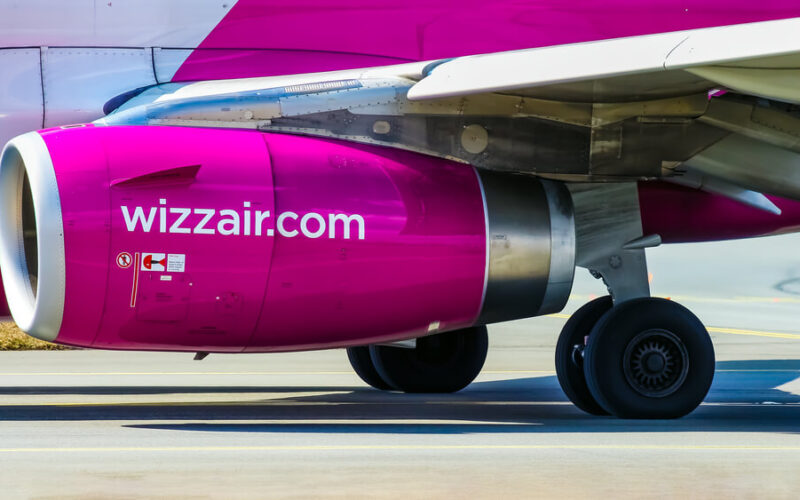As nations around the world are under lockdown, businesses, including airlines, have faced a cash crunch. Consumers are less inclined to spend money on goods, especially on such non-essential items as travel. Governments had to step in to save businesses and people’s jobs alike. The aviation industry had also received its fair share of attention, including several airlines getting a helping hand from their home governments.
But one airline, which headquarters are based in Hungary, Wizz Air, received confirmation that it is eligible for COVID Corporate Financing Facility (CCFF) – economic measures established by the United Kingdom’s government to help businesses that “make a material contribution to the UK economy.”
The CCFF is also available only to those companies that were in “sound financial health prior to the shock,” indicates the page of the Bank of England. While Wizz Air Group had a balance sheet of $1.6 billion (€1.5 billion) at the end of March 2020, Wizz Air UK accounts at the end of March 2019 indicated a balance sheet of $3.3 million (£2.7 million), according to the Companies House page. The British subsidiary currently owns 10 aircraft to its name.
The company’s announcement read that Wizz Air “remains focused on further strengthening the Company’s robust balance sheet,” the low-cost carrier has not indicated whether it would use the British government’s incentives to improve its liquidity furthermore.
A few weeks ago, József Váradi, the Chief Executive Officer of the airline, stated that state aid could “completely destroy the market”. He highlighted the example of Lufthansa (LHAB) (LHA) and the German government, reported Bloomberg on April 1, 2020. Váradi noted that governments should only be stepping in to save jobs and reduce charges such “as air-navigation costs.”
“Most European airlines have been badly mismanaged when it comes to liquidity. Now they’re all begging for state support.”
AeroTime News approached Wizz Air for comment.

